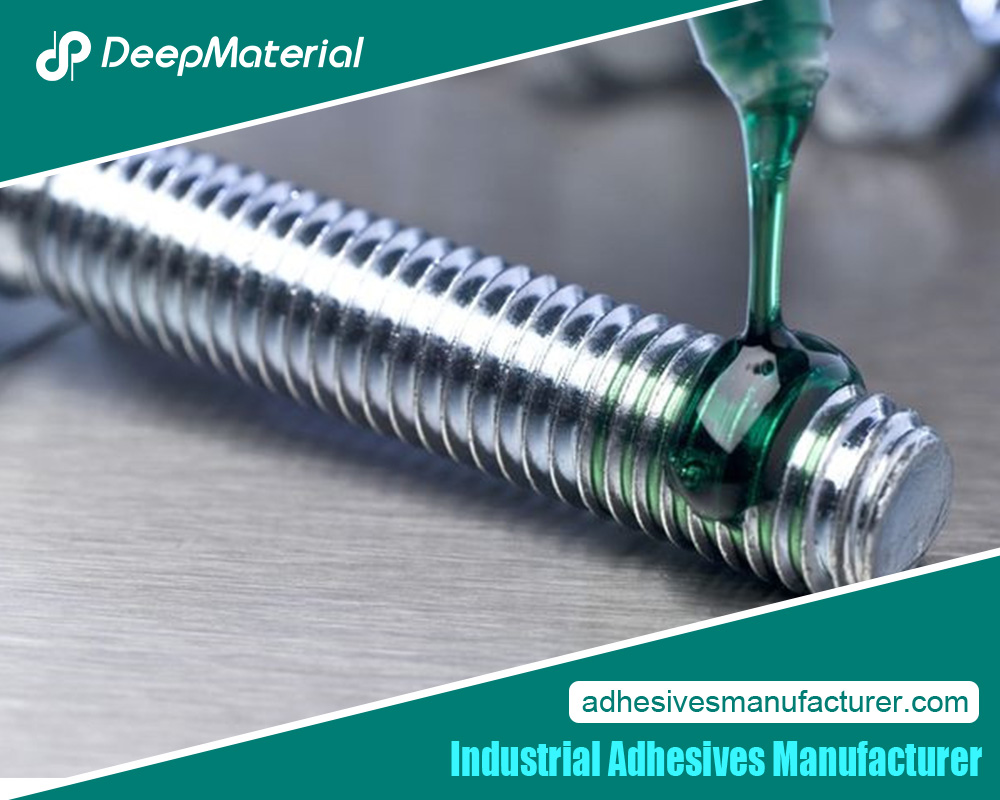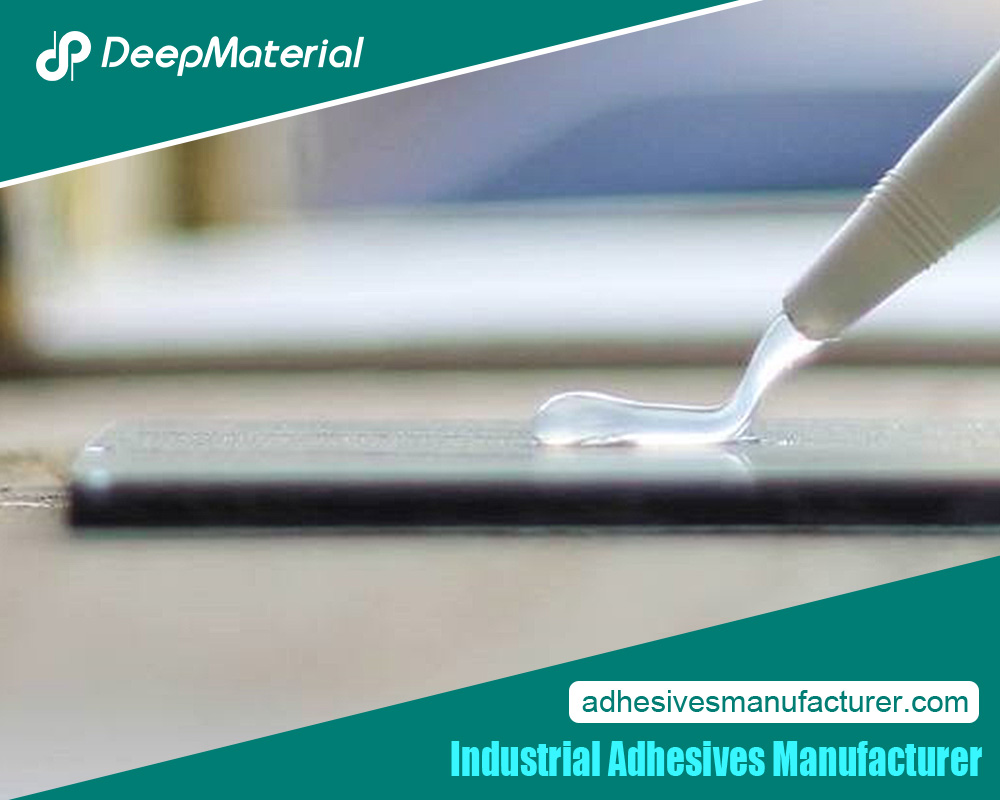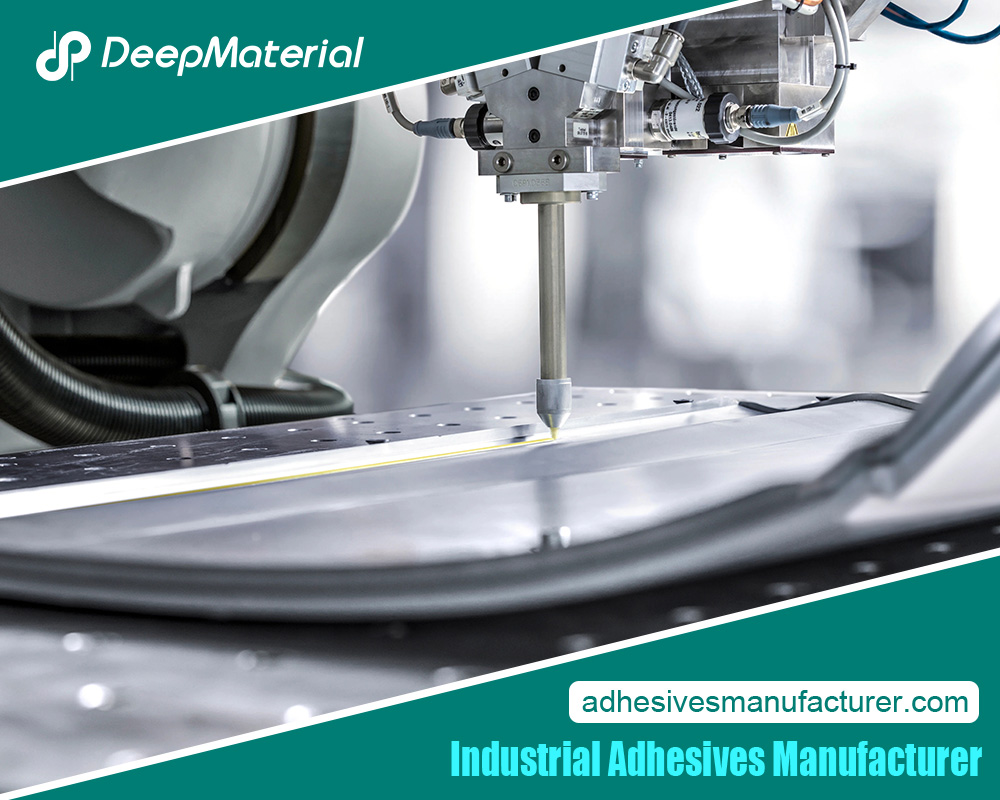Understanding the Role of Silicone Sealant Manufacturers in Modern Construction
Understanding the Role of Silicone Sealant Manufacturers in Modern Construction
In the ever-evolving world of construction and home improvement, the importance of effective sealing solutions cannot be overstated. Silicone sealant has emerged as a crucial material for various applications, from sealing gaps in windows and doors to ensuring waterproof joints in bathrooms and kitchens. Behind these versatile products stand the silicone sealant manufacturers, whose innovations and quality control processes play a significant role in the effectiveness and reliability of these materials. This article explores the multifaceted role of silicone sealant manufacturers, examining their contributions to the industry, the types of silicone sealants they produce, and the broader implications of their work.
The Role of Silicone Sealant Manufacturers
Innovation and Development
Silicone sealant manufacturers are at the forefront of innovation in construction materials. They are responsible for developing new formulations and improving existing ones to meet the evolving demands of the market. It involves:
- Research and Development (R&D): Manufacturers invest heavily in R&D to enhance the properties of silicone sealants, such as their durability, adhesion, and flexibility. This research often leads to specialized sealants for specific applications or extreme conditions.
- Customization: Based on market needs, manufacturers may offer customized solutions, tailoring sealants to meet performance criteria such as high-temperature resistance, UV stability, or specific color matching.
Quality Control and Standards
Maintaining high-quality standards is essential for silicone sealant manufacturers. Their commitment to quality is reflected in the following:
- Rigorous Testing: Sealants undergo various tests to ensure they meet industry standards for performance and safety. It includes tests for adhesion strength, elasticity, and resistance to environmental factors like moisture and temperature changes.
- Compliance with Regulations: Manufacturers must comply with local and international regulations governing the use of construction materials. It ensures that their products are safe for use and do not pose any health or environmental risks.
Production Processes
The manufacturing process of silicone sealants involves several critical steps:
- Formulation: To achieve the desired properties, the formulation process involves mixing silicone polymers with other ingredients such as fillers, curing agents, and colorants.
- Mixing and Homogenization: Ingredients are mixed to ensure uniform consistency. This step is crucial for achieving the sealant’s intended performance characteristics.
- Packaging:Once the sealant is produced, it is packaged in various forms, such as cartridges, tubes, or bulk containers. The packaging must be designed to protect the sealant from contamination and ensure ease of use.
 Types of Silicone Sealants Produced
Types of Silicone Sealants Produced
Silicone sealant manufacturers offer a wide range of products tailored to different applications. Some common types include:
Acetoxy Cure Sealants
- Characteristics: These sealants release acetic acid during curing, giving off a distinctive vinegar-like smell. They are known for their strong adhesion to glass and ceramics.
- Applications: Ideal for sealing around windows, mirrors, and glass surfaces.
Neutral Cure Sealants
- Characteristics: Unlike acetoxy cure sealants, neutral cure sealants do not release acidic by-products, making them suitable for use with sensitive materials like metals and natural stone.
- Applications: Commonly used in construction joints, glazing applications, and sealing gaps in masonry.
High-Temperature Sealants
- Characteristics: These sealants are designed to withstand extreme temperatures and remain stable and functional under high heat.
- Applications: Often used in automotive, industrial, and high-temperature environments such as around stoves or exhaust systems.
Marine and Underwater Sealants
- Characteristics: Formulated to resist water and salt exposure, these sealants are highly durable and maintain their properties even when submerged.
- Applications: Used in boat building, underwater construction, and other marine applications.
The Impact of Silicone Sealant Manufacturers on Sustainability
In recent years, there has been an increasing focus on sustainability within the construction industry. Silicone sealant manufacturers are contributing to this effort in several ways:
Eco-Friendly Formulations
- Low VOC Sealants: Many manufacturers are developing sealants with low volatile organic compounds (VOCs) to reduce environmental impact and improve indoor air quality.
- Recycled Materials: Some companies incorporate recycled materials into sealant formulations or packaging to minimize waste.
Energy Efficiency
- Improved Insulation: High-quality silicone sealants help improve buildings’ energy efficiency by reducing air and water leakage. It leads to lower energy consumption for heating and cooling.
- Long-Lasting Performance: Durable sealants reduce the need for frequent repairs or replacements, which can contribute to resource conservation over time.
The Importance of Quality Control in Silicone Sealant Manufacturing
Quality control is essential to ensure that silicone sealants perform reliably and meet industry standards.
Testing and Standards Compliance
- Performance Testing: Includes adhesion, flexibility, and durability tests under different environmental conditions.
- Regulatory Compliance:Manufacturers must adhere to local and international standards to ensure safety and effectiveness.
Quality Assurance Procedures
- Inspection: Regularly inspect raw materials, in-process products, and finished goods to maintain quality.
- Certifications: Obtaining certifications from relevant authorities to validate the quality and safety of sealants.
Challenges Faced by Silicone Sealant Manufacturers
Despite their vital role, silicone sealant manufacturers face several challenges:
Market Competition
- Price Pressure: Intense competition can drive prices down, affecting profit margins. Manufacturers need to balance cost with quality to remain competitive.
- Innovation Demands: Maintaining technological advancements and consumer expectations requires constant innovation and investment.
Supply Chain Issues
- Raw Material Availability: The availability and cost of raw materials can impact production. Fluctuations in supply chains may lead to delays or increased costs.
- Logistics:Efficient distribution is crucial for meeting market demands. Manufacturers must manage logistics effectively to ensure timely delivery of their products.
Future Trends in Silicone Sealant Manufacturing
The silicone sealant industry is poised for continued evolution as new trends emerge.
Advanced Materials and Technologies
- Innovative Sealants:Development of sealants with embedded sensors for monitoring performance and detecting issues in real-time.
- Nanotechnology: Utilizing nanomaterials to enhance silicone sealants’ properties, such as increased durability and improved adhesion.
Increased Focus on Environmental Impact
- Circular Economy: Adopting circular economy principles to design products for reuse, recycling, and minimal environmental impact.
- Green Certifications: Green building certifications and standards must be pursued to align with sustainability goals.
 Conclusion
Conclusion
Silicone sealant manufacturers play a crucial role in modern construction by providing products that enhance durability, efficiency, and safety in building projects. Their ongoing innovation, quality control, and sustainability efforts reflect their commitment to meeting the industry’s diverse needs. As construction practices continue to evolve, these manufacturers’ contributions will remain essential in shaping the future of building materials. By understanding their role and their challenges, stakeholders can better appreciate the value of silicone sealants and the significance of those who produce them.
For more about understanding the role of silicone sealant manufacturers in modern construction, you can pay a visit to Deepmaterial at https://www.adhesivesmanufacturer.com/ for more info.












